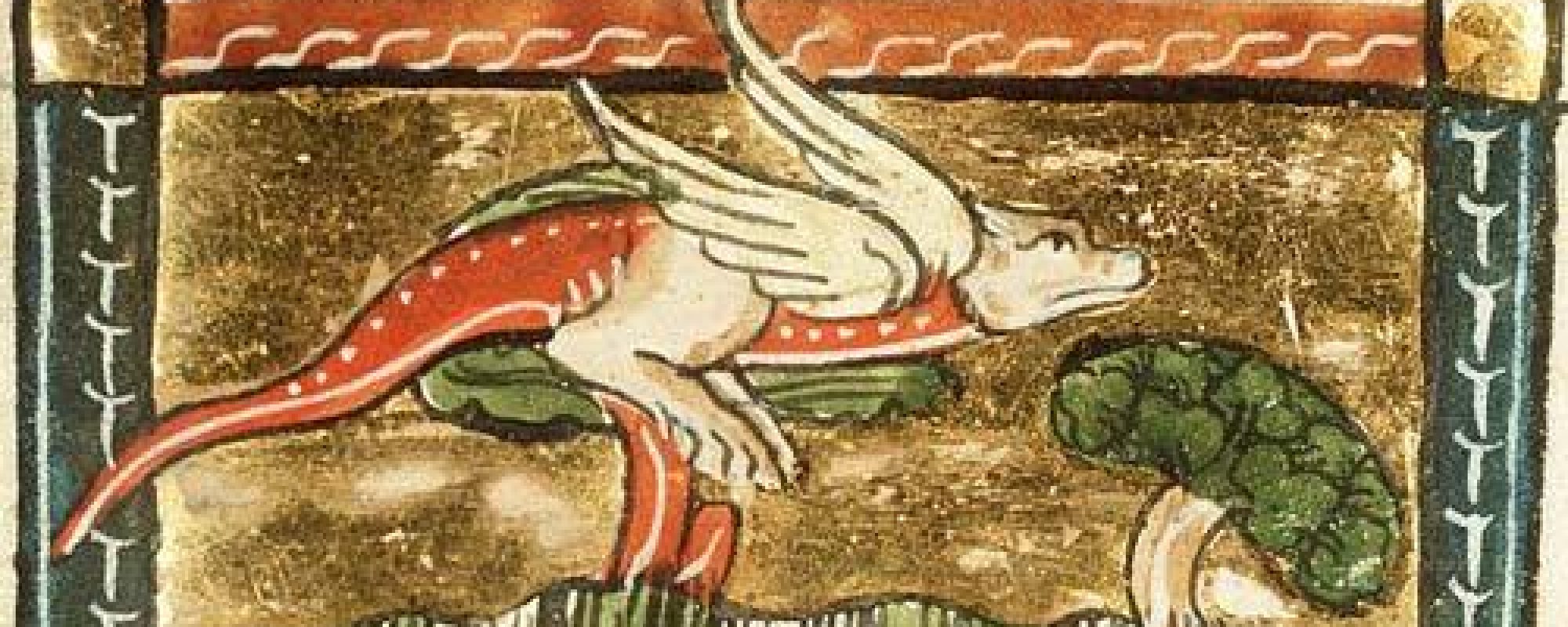
https://www.google.com/url?sa=i&url=http%3A%2F%2Fwww.frockflicks.com%2Fmedieval-women-movies%2F&psig=AOvVaw0uxST5JDw2f7ETJo49p7mC&ust=1589080074944000&source=images&cd=vfe&ved=0CAIQjRxqFwoTCNCGwt3mpekCFQAAAAAdAAAAABADWomen in Medieval times have the reputation that they were meek and powerless. The belief is that women could not do anything without their husbands. It was also believed that unless a woman acted and pretended to be a man, they could do nothing, own nothing, and be nothing. This could not be further from the truth. The reality is that women had power over many things in the medieval period. Medieval women could own property, go to war, and even had good relationships with the church, all without having to act like a man.
Women could own property in the medieval periods. This is a myth that originates from laws aging back to the nineteenth century. Back then a woman could not control property unless it was under their husband’s authority (Bianchini). This is not true for medieval women. Medieval women could inherit, manage, own, and transmit property. While the logistics of this were different in concern to the kingdom and customs of that area. For example, the kingdoms of Castile and Leon allowed women to have a share of their husband’s property and half to whatever was acquired during the marriage, similar to divorce arrangements today with the woman’s ability to obtain half of the assets (Bianchini). The women’s access to wealth, and means to use it independently of their husbands, was essential for any alliances to be formed or for any courting purposes (Bianchini). In other words, having the right to property gave women of the medieval period a method of getting things done.
Women were believed to not be involved in warfare. We know of examples, like Joan of Arc and Disney’s Mulan, where women dressed as men in order to have any power in war. It was also believed that women were not trained in battle tactics and that men of the time had too low of an opinion of women to even obey them in a battle situation. It was also believed that women were even discounted when they accompanied men into battle as launderers, spouses, cooks, and even prostitutes (Bianchini). The truth is most women didn’t have a choice in whether or not to get involved in warfare. If an enemy were to seize a town, a woman running her estate could find herself overwhelmed by the enemy. An example of women in war during the medieval period is Berenguela. She was the Queen of Castille and was attacked by her former husband. Her former husband believed he had the right to rule the kingdom and attack Berenguela. She led her army into battle and commanded the siege, where her men took order from her and fought for her rule (Johnson-Lewis). Spoilers, we see this paralleled in Game of Thrones with Cersei in the later seasons.
Lastly, the myth that the Church hated women, especially powerful women. The myth here is that the Church was “inherently misogynistic” and accused women of deviance and witchcraft if they were not submissive (Bianchini). Realistically, there were views that women should be submissive to men and the Church was known to share and sometimes promote those views. It was known; however, that if women fostered a relationship with the Church through donations and devotion, then women could actually be authoritative without being denounced by the church. Even ecclesiastical writers were known to have written praises about an individual queen or noblewomen, yet still dismissing them as meek and weak-willed (Bovey). While women were still looked down upon in the church, there were also instances where women were accepted in the church community.
Overall, women may have not been put on pedestals in Medieval times, but they still had basic human rights despite current belief. Women may not have been entirely welcome in the church, but they were respected in battle and had the ability to own property. The belief that women in the medieval ages were nothing but slaves to their husband’s every whim is completely false and through people like Berenguela, we are able to see how these beliefs are flipped upside down. This goes to show that medieval women are anything but meek and powerless.
References:
Bianchini, Janna. “Medieval Monday: Five Myths about Medieval Women and Power.” Penn Press Log, 27 Aug. 2012, pennpress.typepad.com/pennpresslog/2012/08/medieval-monday-five-myths-about-medieval-women-and-power.html.
Bovey, Alixe. “Women in Medieval Society.” The British Library, The British Library, 17 Jan. 2014, http://www.bl.uk/the-middle-ages/articles/women-in-medieval-society.
Johnson-Lewis, Jone. “Berenguela of Castile, Queen of Leon, Granddaughter of Eleanor of Aquitaine.” ThoughtCo, ThoughtCo, 5 June 2017, http://www.thoughtco.com/berenguela-of-castile-3529740.
Follow My Blog
Get new content delivered directly to your inbox.
